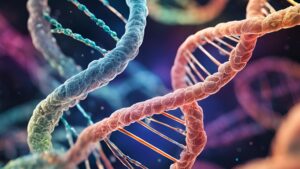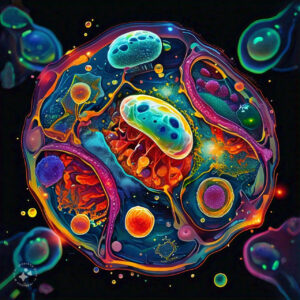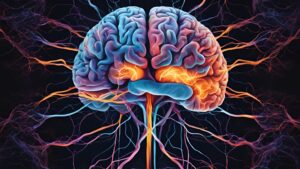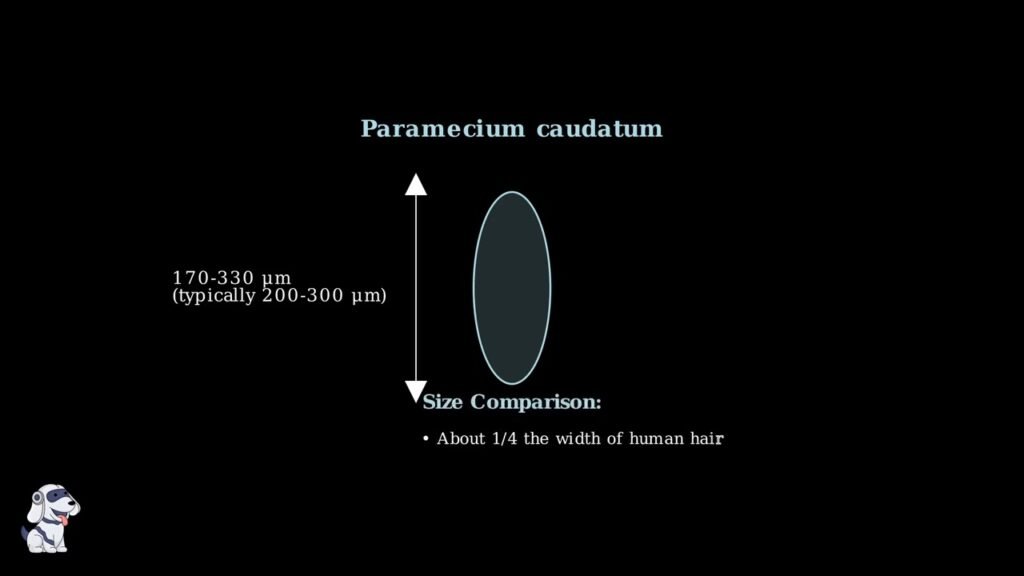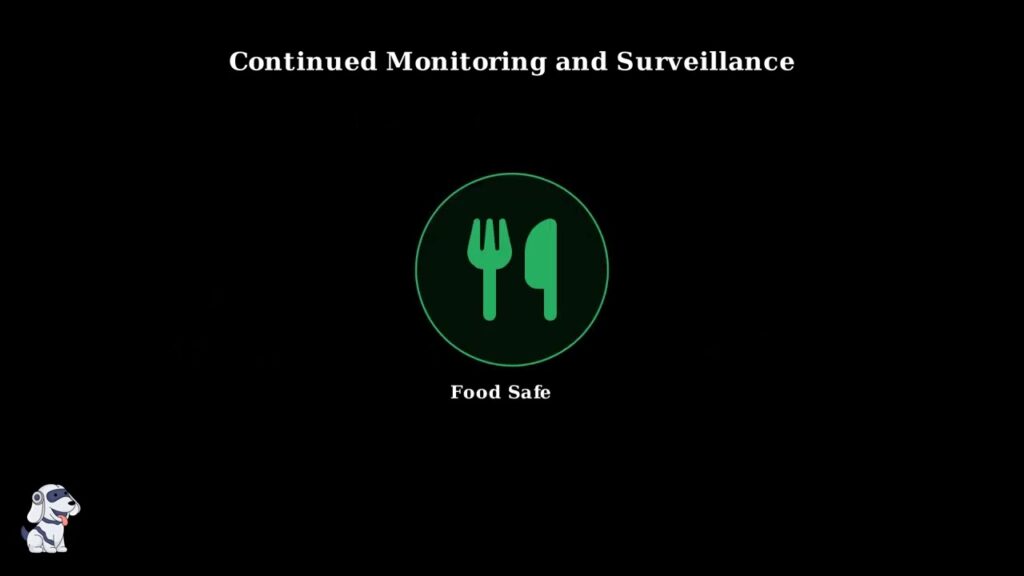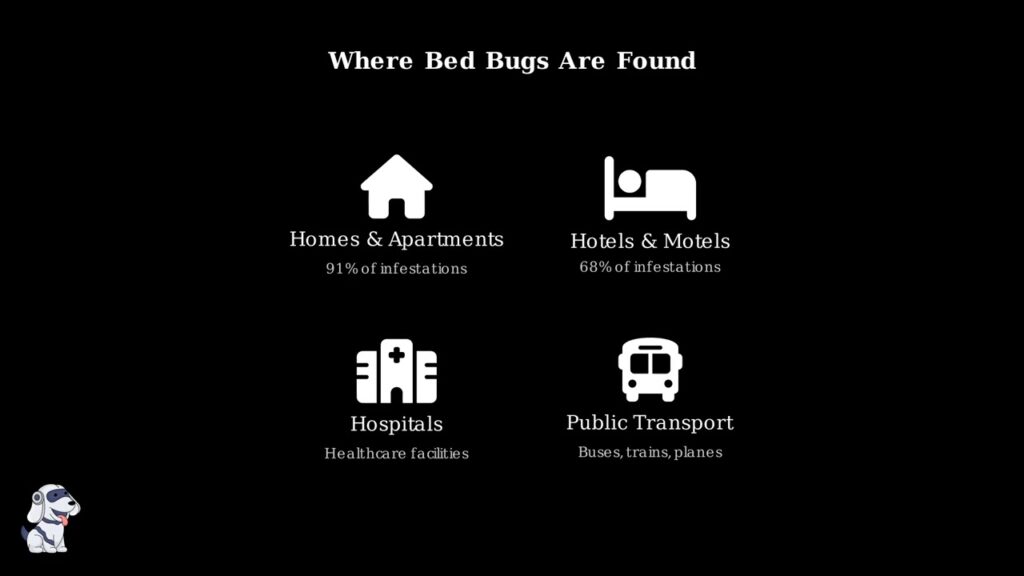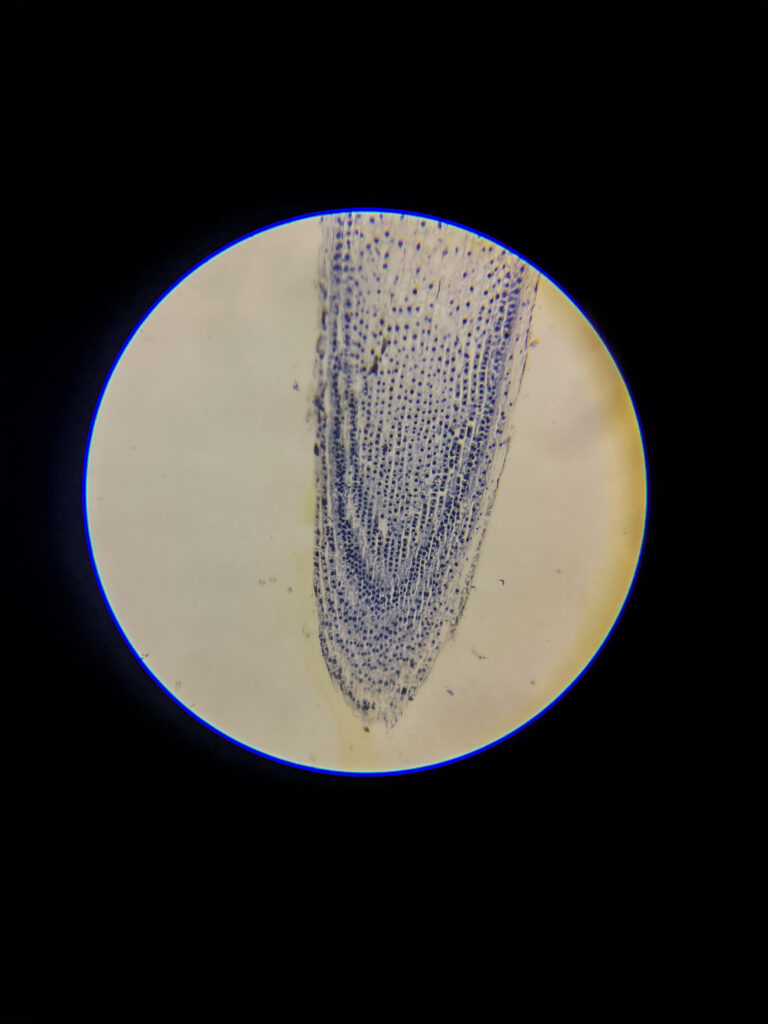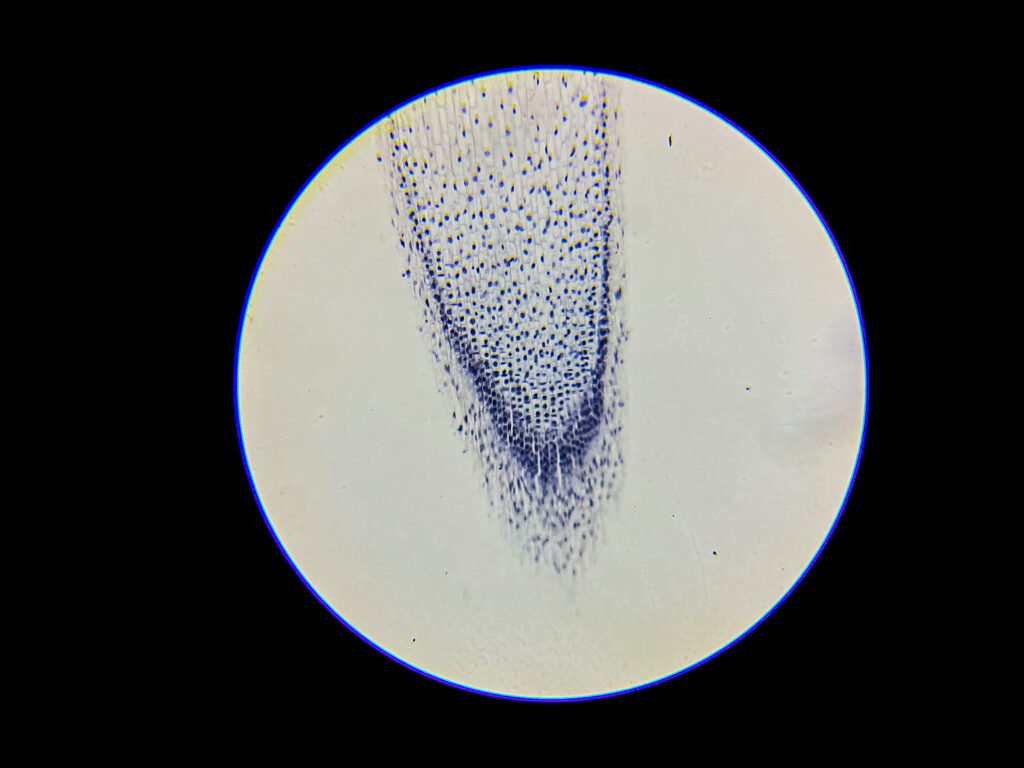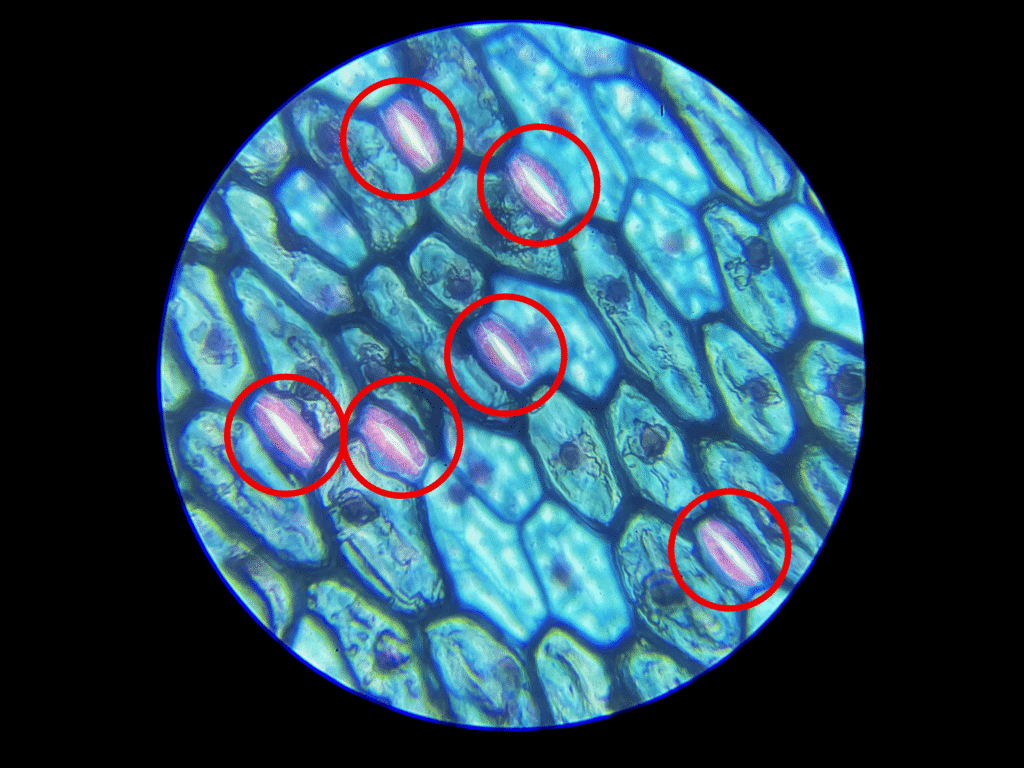You have homework questions, and we've got the answers! Submit your question now for instant, step-by-step solutions!
Question Submission Rules:
- Questions must be clear and specific
- Include all relevant details and context
- No spam or inappropriate content
- One question per submission
- Maximum image size: 5MB
- Supported image formats: JPG, PNG, GIF
Audio Book
Learn Biology On the Go: Audio Breakdowns of Complex Topics and Cutting-Edge Studies.
Explore Notes Topic Wise
Explore Microbiology Notes Topics Wise
Explore Zoology Notes Topics Wise
Explore Botany Notes Topics Wise
Exam Categories
Or pick from our most popular courses – What are you studying?
All the courses you need in one place
From Bsc to Msc topics, biologynotesonline.com supports your semester preparation.
Biology Notes Topics
Uncover the Microscopic Marvels – Dive into the World of Tiny Titans!
Microbiology Notes
Botany Notes
Zoology Notes
Biology Practicals
Others
Microorganisms
- Agricultural Microbiology 12 posts
- Bacteriology 104 posts
- Basic Microbiology 93 posts
- Biochemistry 106 posts
- Bioinformatics 25 posts
- Biotechnology 13 posts
- Cell Biology 134 posts
- Disease 7 posts
- Ecology 33 posts
- Environmental Microbiology 69 posts
- Epidemiology 1 post
- Food Microbiology 58 posts
- Genetics 100 posts
- Immunology 108 posts
- Industrial microbiology 24 posts
- Intellectual Property Rights 9 posts
- Medical Microbiology 37 posts
- Microbiologists 8 posts
- Microscope 28 posts
- Molecular biology 86 posts
- Mycology 49 posts
- Parasitology 34 posts
- Phycology 23 posts
- Prions 2 posts
- Protozoa 16 posts
- Virology 67 posts
- Angiosperms 32 posts
- Archegoniate 12 posts
- Biodiversity 1 post
- Economic Botany 15 posts
- Ethnobotany 5 posts
- Horticultural 10 posts
- Natural Resource Management 3 posts
- Plant Anatomy and Embryology 19 posts
- Plant Breeding 16 posts
- Plant Ecology and Taxonomy 15 posts
- Plant Physiology and Metabolism 19 posts
- Animal Behaviour 1 post
- Basic Zoology 5 posts
- Biology of Insecta 15 posts
- Chordates 27 posts
- Developmental Biology 22 posts
- Endocrinology 17 posts
- Ethology 6 posts
- Evolutionary Biology 21 posts
- Fish and fisheries 25 posts
- Human Anatomy 15 posts
- Neuroscience 17 posts
- Non-chordates 20 posts
- Pest Management 5 posts
- Physiology 52 posts
- Protista 15 posts
- Reproductive Biology 5 posts
- Research Methodology 8 posts
- Vertebrata 13 posts
- Biochemical Test 96 posts
- Botany Practicals 2 posts
- Culture Media 79 posts
- Cytopathology 1 post
- Hematology 7 posts
- Immunology Practical 19 posts
- Instruments 150 posts
- Laboratory Techniques 5 posts
- Laboratory Tests 16 posts
- Microbiology Techniques 25 posts
- Protocols 18 posts
- Solution preparation 21 posts
- Staining 46 posts
- Under Microscope 26 posts
- Differences 184 notes
- Intellectual Property Rights 9 notes
- Question Papers 6 notes
- Recommended Books 59 notes
- Research Methodology 8 notes
- Syllabus 12 notes
- Top in Biology 13 notes
- Universities and Colleges 1 post
- Worksheet 20 notes
- Bacteriology 104 posts
- Mycology 49 posts
- Parasitology 34 posts
- Phycology 23 posts
- Prions 2 posts
- Protozoa 16 posts
- Virology 67 posts
Latest Notes
Online Mock Test
Free Practice Tests
GATE BT Practice Test
Sharpen your understanding with our free GATE BT practice tests—designed to mirror real exam questions and provide in-depth scoring feedback. Choose from a range of practice exams to test your knowledge and uncover key areas for improvement with detailed performance analysis. Start practicing today to build confidence, reinforce core concepts, and prepare effectively for your ... Read more
GATE
Start GATE BT Practice Test TestGATE BT Mock Test
Sharpen your understanding with our free GATE BT practice tests—designed to mirror real exam questions and provide in-depth scoring feedback. Choose from a range of practice exams to test your knowledge and uncover key areas for improvement with detailed performance analysis. Start practicing today to build confidence, reinforce core concepts, and prepare effectively for your ... Read more
GATE
Start GATE BT Mock Test TestAP Biology Mock Test 3
Sharpen your understanding with our free AP Biology practice tests—designed to mirror real exam questions and provide in-depth scoring feedback. Choose from a range of practice exams to test your knowledge and uncover key areas for improvement with detailed performance analysis. Start practicing today to build confidence, reinforce core concepts, and prepare effectively for your ... Read more
AP Biology
Start AP Biology Mock Test 3 TestQuestions and Answers
Check Questions and Answers
-
What would be expected to happen if: (a) GA3 is applied to rice seedlings (b) dividing cells stop differentiating (c) a rotten fruit gets mixed with unripe fruits (d) you forget to add cytokinin to the culture medium.(a) GA₃ applied to rice seedlings Promotes stem (internode) elongation,...
-
Would a defoliated plant respond to photoperiodic cycle? Why?A defoliated plant (one with all leaves removed) will not...
-
Which one of the plant growth regulators would you use if you are asked to: (a) induce rooting in a twig (b) quickly ripen a fruit (c) delay leaf senescence (d) induce growth in axillary buds (e) ‘bolt’ a rosette plant (f) induce immediate stomatal closure in leaves.(a) induce rooting in a twig Use an auxin such...
-
‘Both a short day plant and a long day plant can produce can flower simultaneously in a given place’. Explain.Photoperiodism governs flowering: short-day plants (SDPs) flower when day length...
-
‘Both growth and differentiation in higher plants are open’. Comment.Both growth and differentiation in higher plants are termed “open”...
-
Why is abscisic acid also known as stress hormone?Abscisic acid (ABA) is termed the "stress hormone" in plants...
-
List five main groups of natural plant growth regulators. Write a note on discovery, physiological functions and agricultural/horticultural applications of any one of them.Five main groups of natural plant growth regulators Auxins Gibberellins...
- All Questions
What Our User Say
4People found this helpful
Easy to understand
Easy to understand
thank you
thank you
Helped me understand the topic
This was very useful
This was very useful
Solved my issue
Thank you for well organised notes
Thank you for well organised notes
Discover the Microscopic World
Share and explore stunning microscopic images of microorganisms in our growing community.













